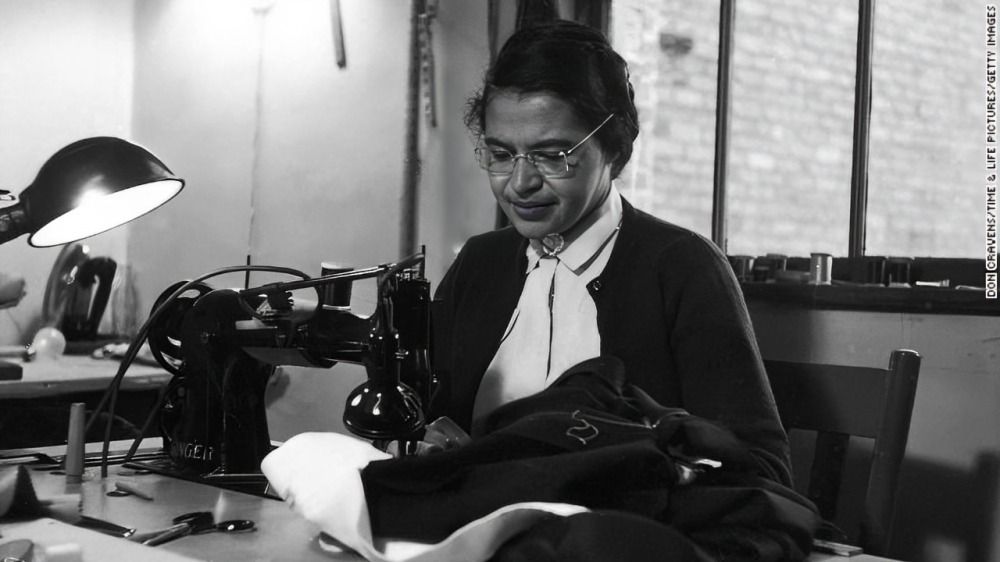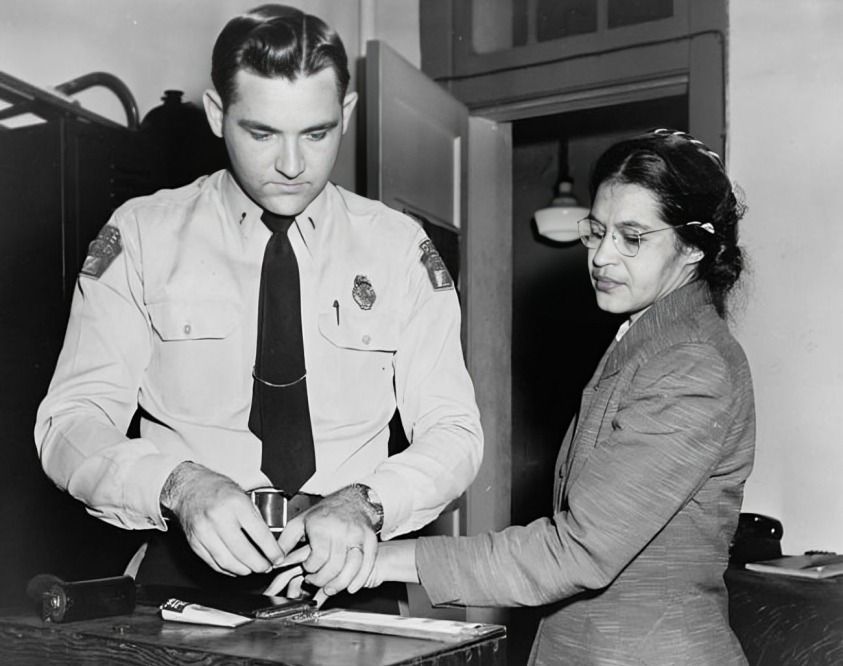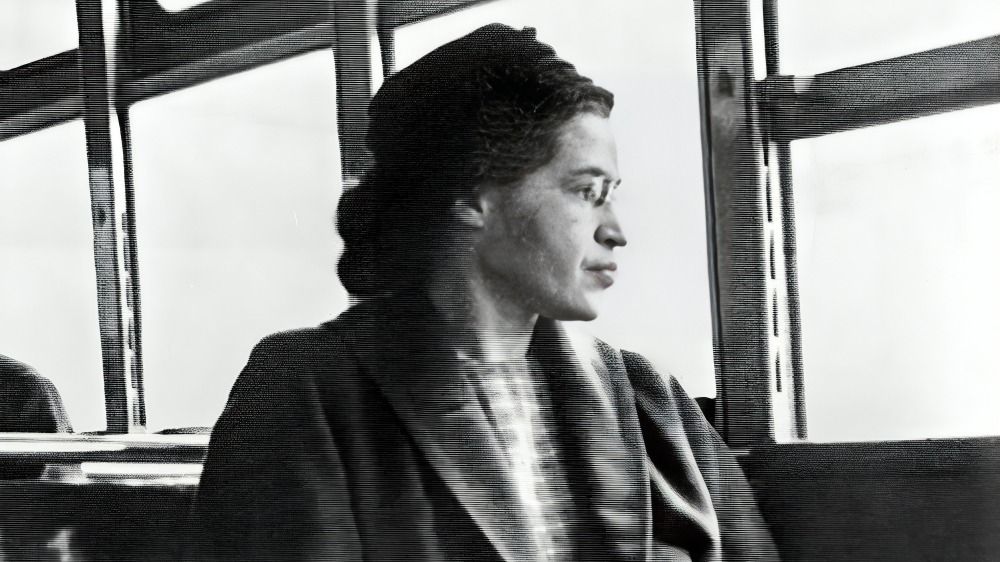
“
Rosa Parks, often referred to as the "Mother of the Civil Rights Movement," played a pivotal role in the fight against racial segregation in the United States. Born on February 4, 1913, Parks became an enduring symbol of courage when she refused to give up her bus seat to a white passenger in Montgomery, Alabama, on December 1, 1955. This simple act of defiance sparked the Montgomery Bus Boycott and brought national attention to the struggle for civil rights. Parks' commitment to justice and equality extended far beyond that day; she was actively involved in various civil rights organizations throughout her life. In this blog, we will explore 20 captivating facts about Rosa Parks, highlighting her incredible contributions and legacy as an inspirational woman in history.1
”
Rosa Parks was born on February 4, 1913, in Tuskegee, Alabama. Growing up in a segregated society, she experienced racial discrimination that profoundly influenced her perspective on justice.1
Parks attended the Industrial School for Girls in Montgomery, where she cultivated her education and developed a strong understanding of social justice, laying the foundation for her activism.2
In 1932, Rosa Parks became actively involved in the civil rights movement, joining the Montgomery chapter of the NAACP, where she worked tirelessly to combat racial injustice.3

As a talented seamstress, Parks used her exceptional sewing skills to support her family. Her work not only provided for them but also allowed her to contribute to her community.
On December 1, 1955, Rosa Parks famously refused to give up her bus seat to a white passenger in Montgomery, an act that sparked the Civil Rights Movement across America.4
Parks' act of defiance was not a spur-of-the-moment decision; she was a trained activist, fully aware of the potential consequences of her courageous actions.5

Her arrest led to the Montgomery Bus Boycott, spearheaded by Dr. Martin Luther King Jr., which lasted for 381 days and became a crucial turning point in civil rights history.
The Montgomery Bus Boycott showcased the effectiveness of nonviolent protest, culminating in a Supreme Court ruling that declared segregation on public buses unconstitutional in 1956.6
Despite facing numerous death threats after her arrest, Parks remained steadfast in her commitment to civil rights, symbolizing resilience and strength in the face of adversity.7
In 1957, following the boycott, Parks moved to Detroit, Michigan, where she continued her activism by working with various civil rights organizations dedicated to promoting equality.8

Rosa Parks was a vocal advocate for voting rights, emphasizing that political participation was essential for African Americans to achieve true equality and representation in society.
In 1987, Parks co-founded the Rosa and Raymond Parks Institute for Self-Development, which aimed to empower young people through education, mentoring, and community engagement initiatives.9
Throughout her life, Parks received numerous awards and honors for her contributions, including the prestigious NAACP Spingarn Medal and the Presidential Medal of Freedom in 1996.10
As an author, Parks shared her life experiences and insights in several books, including "My Story," inspiring future generations to stand up for their rights and justice.11
In 1999, the U.S. Capitol honored Parks with a statue, recognizing her as the first woman of the civil rights movement to receive such an important acknowledgment.12

Parks’ remarkable legacy continues to inspire individuals worldwide, as her story exemplifies the power of peaceful resistance and the vital importance of advocating for one’s rights.
In 2005, the Rosa Parks Museum opened in Montgomery, Alabama, dedicated to preserving her legacy while educating visitors about the significance of the civil rights movement.13
Parks traveled internationally to share her powerful story, advocating for civil rights and equality, inspiring activists and leaders across the globe to continue the fight for justice.14
Despite her monumental impact on civil rights, Parks lived a humble life, often describing herself simply as a “tired seamstress” who aimed to do what was right.15
Rosa Parks passed away on October 24, 2005, but her legacy endures, serving as a powerful reminder of courage, dignity, and the ongoing struggle for social justice.16


